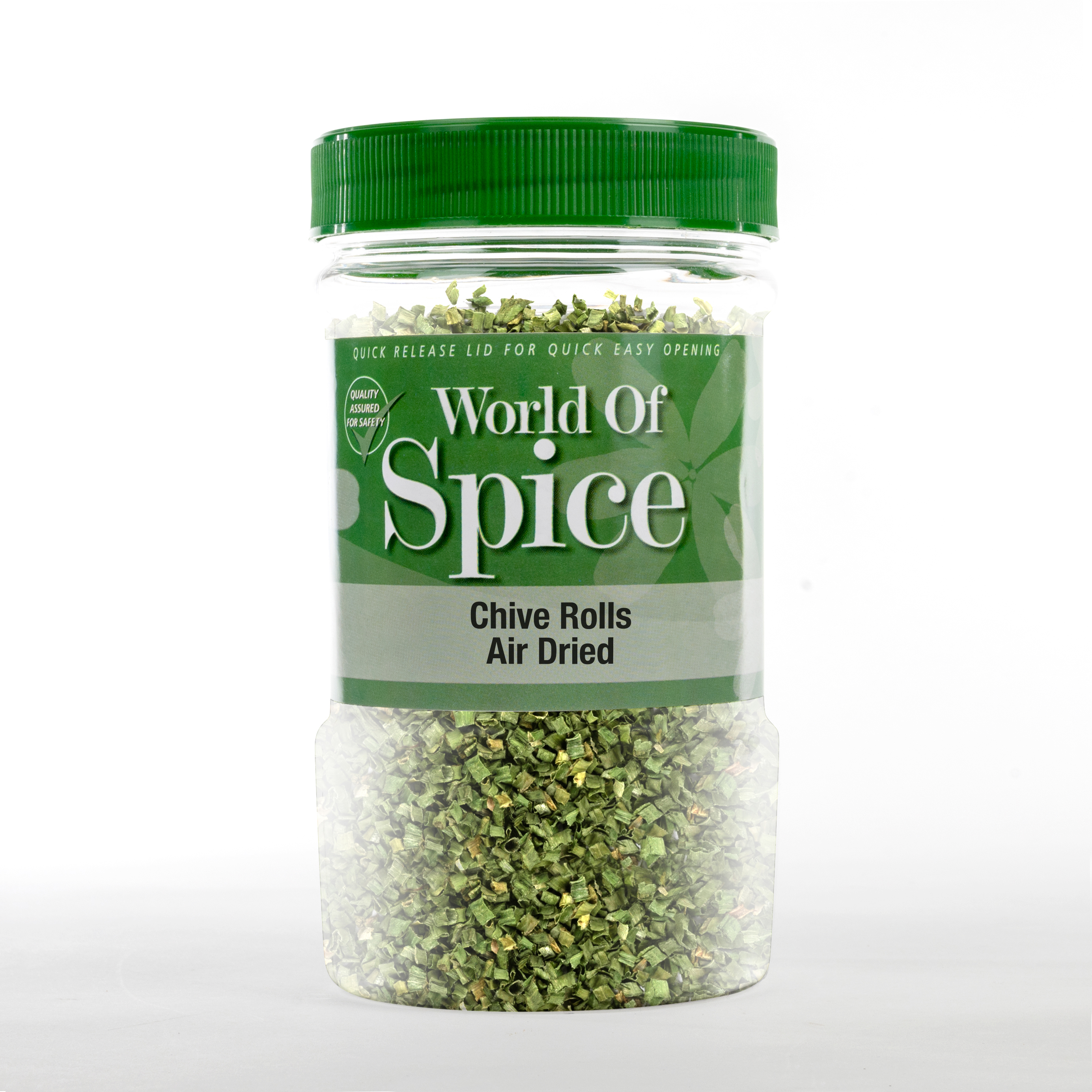
Why Freeze Them?
Adding seasonings, herbs and spices to dishes can enhance them, making them taste delicious! However, it can be frustrating when you go to add the magic to your dish and you’ve run out! If you have canisters of bulk spices, it guarantees that you’ll always have some in the cupboard. However, another great way to ensure you have those herbs and spices at the drop of a hat is to freeze them. You can’t freeze them forever, but so long as you’re using up what you freeze within around 6 months, you can ensure you’ll always have those flavoursome extras to add to a dish. If you tend to use fresh produce, it’ll save you the time and effort of preparing as you go, as well as being more cost effective!
Do Herbs and Spices Lose Their Taste If Frozen?
No, in fact, freezing locks in the flavour, trapping volatile oils because the produce is quite literally frozen in time. That being said, the quality does degrade overtime, which can affect the taste. The sooner you use them after freezing, the better quality your frozen herbs and spices will be.
Some seasonings hold their aroma and taste better than others and of course, it’s recommended that you use the herbs within 6 months after having frozen them. After this time, they begin to lose their flavour. Some of the easiest and most popular herbs that are suitable for freezing are: parsley, garlic, chives, coriander, dill, basil and mint.
How To Freeze Your Herbs and Spices
If you want your frozen herbs and spices to stay as fresh and tasty as possible, there are a few things that you can do to ensure you’re locking all that flavour in.
Clean and Dry: wash and dry your produce thoroughly to help reduce the chances of freezer burn.
Prepare: Prep your produce. Peel if appropriate and discard the unwanted parts of the plant.
Chop: Cut roots or leaves into roughly equal-sized chunks to make it easier to chop or to grind evenly in the food processor. A food processor makes chopping, and especially grinding, a lot simpler. But this step can also be done by hand. The size of the pieces depends on how the herbs are to be used later.
Oil: If you do decide to grind or cut into smaller pieces, add some olive oil to preserve the flavour of the herbs as they freeze. Add just enough oil to enable the chopped pieces stick together. The oil serves two purposes. First, it makes it easier to form and measure the mass of chopped herbs into serving sized pieces. Secondly, it reduces the surface area within the chopped mass that is exposed to air. Reducing air exposure helps prevent discoloration of leafy herbs and also reduces freezer burn.
What is Freezer Burn?: This is when molecules on the surface of the frozen product go directly from ice to a gas in the dry air. This is called sublimation. The water molecules then reform into ice on the sides of the container. The result is that the product is slowly freeze-dried. Essentially, the moisture that was once inside the herbs and spices has been deposited as ice crystals on the side of the freezer container because it was the first surface it reached. When storing, it’s important to eliminate as much air in and around frozen food as is feasible. That is the reason for wrapping the frozen herbs in plastic.
Store: As described above, air is the enemy when it comes to freezing herbs and spices! You can easily wrap your seasoning in separate cling film parcels, in freezer bags, or in an ice cube tray. Storing individually discourages freezer burn for happening, which is when your herbs and spices clump together and form a solid mass.
- Ice Cubes - portion out a tablespoon of your chopped herbs and spices and press them into the trays, topping off each ‘cube’ with a thin layer of oil, if you haven't already added oil to your herbs in the food processor. Once the cubes are frozen solid, transfer them to a freezer bag for long-term storage.
- Freezer Bags - Place your batch of finely chopped herbs in a zip-top freezer bag, adding 2 tablespoons of oil, if you haven't already added them in the food processor. Seal the bag and leave a small gap to press our any excess air, so that the herbs are laying a flat as possible, then seal completely.
Be sure to label your produce, so you can clearly see what you have, because it can all look extremely similar when wrapped up in the freezer. You can repeat this method over and over again with a range of different seasonings and in no time, you’ll have your own library of bulk spices and herbs to use in dishes!
Get in Touch
This freezer method is appropriate for fresh herbs and spices, so that as little as possible goes to waste. However, buying wholesale herbs and spices can eliminate having to freeze in the first place. Dried produce is not only more potent and less hassle to prepare, it’s extremely cost-effective; the potential to waste fresh herbs and spices is 75% higher than dried. You also only need half of the amount of dried herbs to create the same flavour as fresh herbs!
At World of Spice, we understand the importance of authentic and traditional tasting cuisine. Our wholesale herbs and spices are known for their purity and potency, full of delicious flavour to give your food the edge. Our service is cost-effective and reliable; we go above and beyond for each of our customers to ensure that you get the produce you need for business.
From bespoke blends to a choice of packaging, complete with custom labelling, our comprehensive service can help you achieve your culinary goals. For more information about our services and what we can offer you, please contact us at orders@worldofspice.co.uk, or feel free to call our team on 01277 633303. We look forward to hearing from you.



